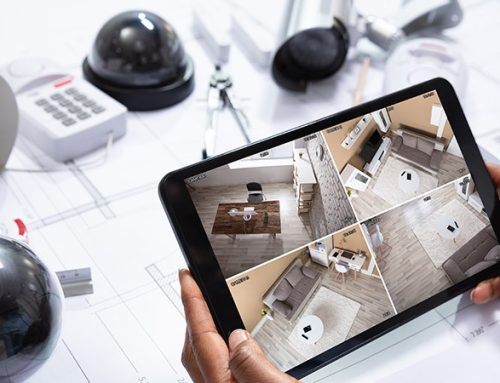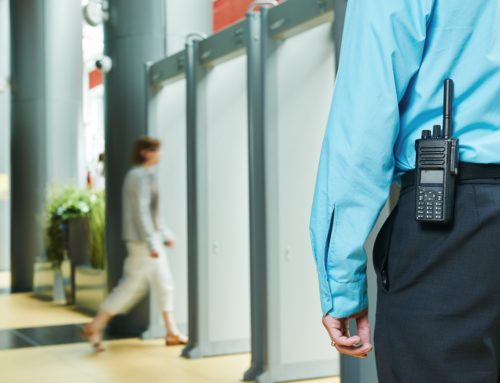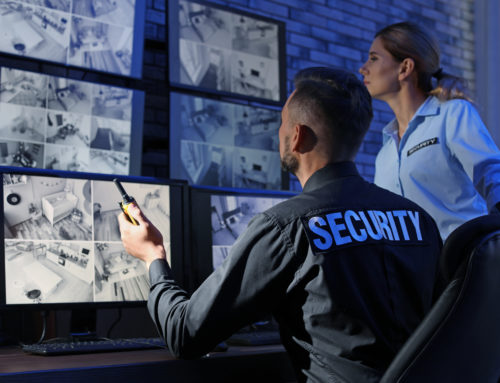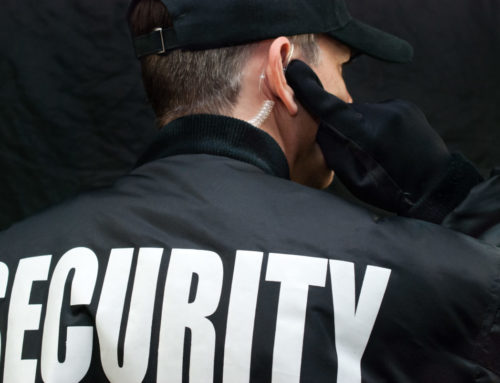Whether it is physical security or cyber security, you need to keep your business safe. It has been estimated that break-ins at businesses are four times more likely than at residences and more so than ever, data can come under attack too.
It’s important to know how to keep your business safe from such dangers. Here we look at five great tips which should keep your business safe. Implementing these tips may prevent you from being the victim of theft and suffering reputational damage. Let’s check them out.
1. Determine Security Threats
The online services and devices used by your firm are vulnerable to cyber theft. If you handle sensitive data, then you need to ensure that it is protected. You should begin by determining the threats that have been discovered in order to effectively address them. If you’re not confident with cyber security, then you may need expert help.
You need to determine physical security threats too and it’s best to start with an inspection of the exterior of the building. Potential thieves will be on the lookout for weaknesses in areas such as security cameras, gates with locks, doors, or windows that they can open.
Once you’ve assessed these threats, you’ll need to take action to improve weak areas. After you’ve done that, you’ll also need to assess the inside too. The extent of this will depend on the type of business you have.
A small business wouldn’t need much of a plan but for larger businesses, you may need to have secure storage rooms, electronic passes, and locked offices.
Determining all these security threats can be a lot of work for a novice and weaknesses can be easily missed. It’s often the best idea to hire a security consultant who would provide a thorough overview of your security and make recommendations.
2. Become a Deterrent
For anyone looking to avoid being attacked by thieves, there are two aspects to look at. Firstly, you want to deter criminals. You want them to look at your office building or infrastructure and see you as a very difficult target that isn’t worth the risk.
Secondly, you want to make it as difficult as possible to attack your business and if they do, you’ll want to ensure they are caught. For all these factors, the solutions are the same.
Alarm systems, secure locks, security planning, and hardware can all play a huge role in protecting your business. If your security systems are up to scratch then criminals would quickly give up if they attempted a robbery.
There is an irony here as often great security is never tested. The mere fact that it’s there means it has done its job before a criminal will ever try to break in. The bottom line is that your security needs to look good.
3. Make Sure Your Place Of Business Looks Good
When it comes to security, a lot of it is about perception. If the outside of your building looks messy and is poorly lit, a criminal will most likely think that you’ve put the same level of care into your security systems.
A person’s capacity to notice and avert danger is inversely proportional to the quality of his or her lighting. Make sure that parking lots, back alleyways, and building entrance points outside your building are well-lit at all times.
Using CCTV, you can capture a better image of the intruder if they are determined to break into your business. This is also crucial for the inside of your building. Use motion sensors or lighting that is ON all night to illuminate areas where valuable objects are kept safe and secure.

4. Monitor And Evaluate Your Security Plan
The mistake that some business owners make is that they put in place a physical security plan and then completely forget about it. This is quite risky as your security situation is always fluid. Businesses constantly change and security protocols need to change with them.
For cyber security, new threats are being created all the time and your software needs to reflect that. In terms of physical security, many things change that can compromise it such as moving data, hiring new staff, or expanding your office.
You should have a security plan and review it periodically and ensure it’s kept up to date. It can also be a good idea to delegate responsibility to certain people. For example, you can have one person to oversee cyber security, one to keep physical case files secure, and another to ensure all stages of lock-up are completed.
5. Keep Devices Safe
In the event that an electronic device is lost or stolen, the data on it may be compromised. Inform your employees to keep an eye out for critical information about your firm on the devices they use on a daily basis. They must report any lost or stolen devices as soon as possible in order to avert a catastrophe.
People frequently leave their electronic devices unattended, making them available to anyone who wishes to use them as a result. When the devices are not in use, it is vital to lock them to prevent theft. More importantly, make sure that no one else has access to the passwords that were used to encrypt these devices.
Advances in technology have made backups easier and faster than ever before. The vast majority of backup systems are designed to run in the background and store data off-site in order to maximize efficiency. Save your backups on external hard drives to be extra safe and secure.
For physical devices, any high-end equipment should be safely locked away and not left lying around in an office. Having expensive equipment next to a window, for example, is asking for trouble.
Final Thoughts
For most businesses, locking your doors and windows isn’t going to be enough. You need to take steps to make your business a deterrent and make it as difficult as possible if a criminal does try and attack. That includes both physical and cyber security.
If you’re not sure what are the next steps you should take, then there are security experts out there who will give you all the information and advice you need. If you follow these tips, then your business will be much more secure.






